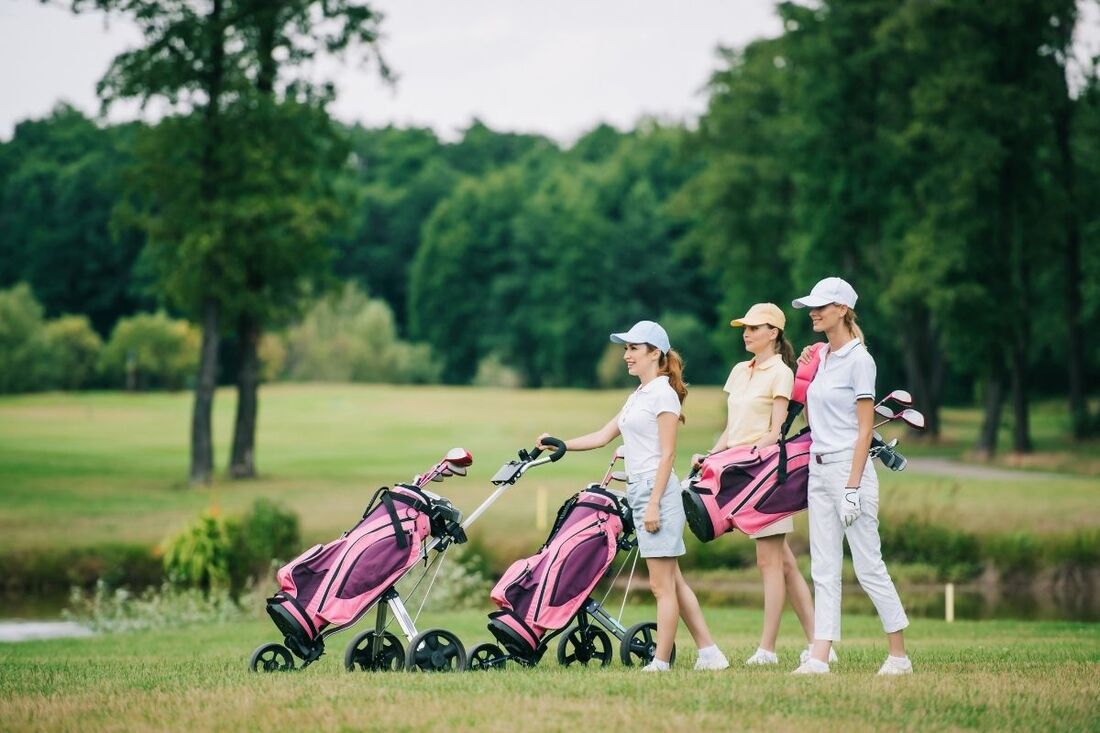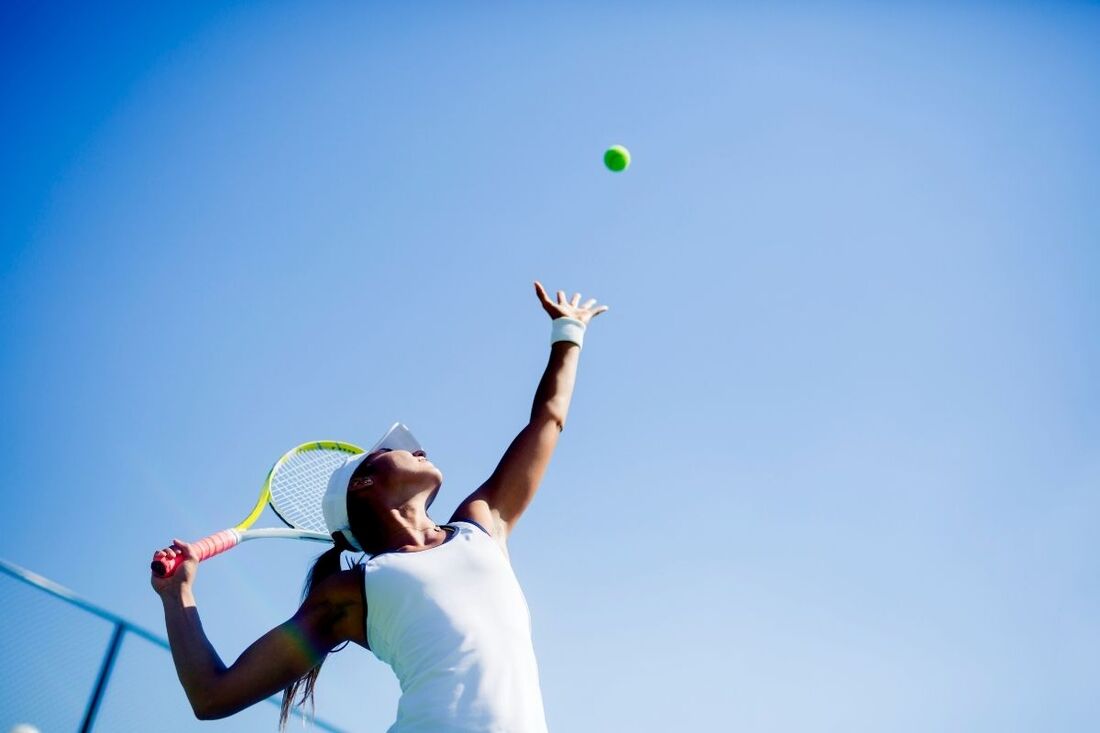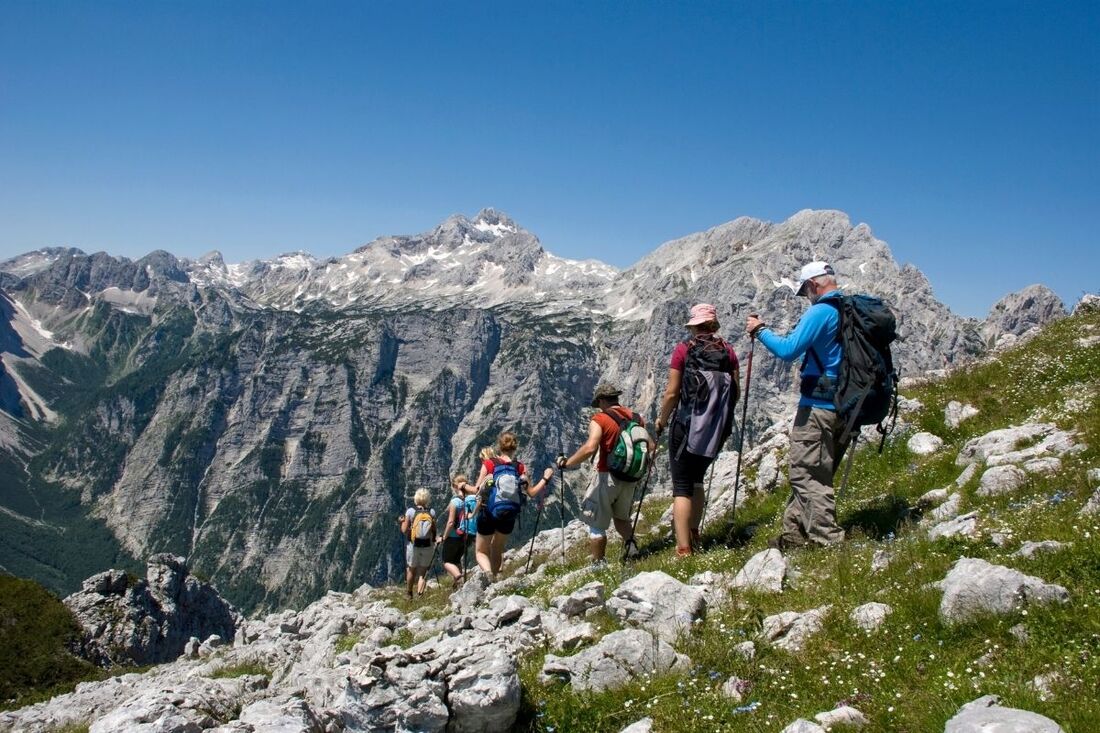Living in Canada means making the most out of the summer months because we know the hot weather won’t be here for long. From outdoor events, weekends away, work around the house, and summer sports, we are generally more active during this time of year. We’ve prepared a list of how to avoid injury while enjoying popular summer activities.
1. Camping
Cooking meals outside and sleeping under the stars -- camping is an activity that ensures you make the most out of being outdoors! If you’re not an avid camper, the change in sleeping environment could have a negative effect on your body. To help prevent aches and pains that might be associated with sleeping on an air-mattress or cot, try bringing something along that your body is familiar with, like your own pillow. This little piece of comfort could make all the difference.
2. Golfing
Golfing is a wonderful sport that can be enjoyed on your own or with a group of friends. It provides great mental stimulation while also incorporating cardiovascular exercise, strength, as well as balance and coordination. There are many ways in which you can minimize stress on your body while you’re enjoying the game:
- Consider using a pushcart to transport your clubs instead of carrying your golf bag. Taking the extra weight off your spine will decompress the discs and joints of your lower back, allowing more freedom in your swing.
- If walking aggravates your feet, knees, or hips, use a motorized golf cart instead. We all know how distracting those nagging pains can be, both during and after the round.
- Always remember the golden rule for golf -- you don’t have to swing hard to hit the ball far! This is the one thing that causes more injuries than anything else in golf, and it doesn’t help your score to try to hit it harder either.
3. Kayaking
Living in beautiful British Columbia means there are many areas to explore the environment with a kayak. It’s a sport that provides excellent exercise while searching for hidden gems along the shoreline. It’s important to remember just like any other sport that conditioning will help to minimize the possibility of injury. Consider coming in for a chiropractic check-up, to make sure everything is working properly before you start to add on the miles in the kayak and consult with your physio or personal trainer to stretch and strengthen the most important muscles. Some key muscle groups to focus on would be your core, shoulders, arms, and hips.
4. Tennis
Tennis is a fantastic way to have fun, while also getting a good workout! Given the number of times you perform quick starts and stops, plus lateral movements, it’s important to have proper footwear that doesn’t easily roll - to avoid spraining your ankle. Also, for many amateurs, tennis is very forehand dominant. As a result, this can put a lot of strain on the shoulders, creating an imbalance in certain muscle groups. It’s important to stretch and open up the chest and shoulders and focus on strengthening the external rotators. Ask your health practitioner to demonstrate the necessary exercises for you. For the lower body, playing tennis involves lots of lunging. Therefore, stretching and strengthening the hip flexors, quads, and glutes will be essential to avoid stress and strain injuries in these areas.
5. Hiking
What better way to explore the great outdoors and capture the amazing views than hiking? Make sure to choose an appropriate hike that is best suited for your fitness level and of those in your group. It’s easy to become distracted by the beautiful scenery, so remember to be mindful that you are trekking on uneven ground -- pay attention to where you put your next step to avoid falling, tripping, or twisting your ankle.
If you know you’re going to be participating in challenging and/or new activities this summer, call our clinic at 604-742-0111 to book a chiropractic appointment to make sure your body is in balance before you do. The saying “An ounce of prevention is worth a pound of cure,” holds much wisdom.
If you’ve injured yourself while enjoying the outdoors, don’t just leave it alone and think, “Maybe it’ll just go away.” A good rule of thumb is if pain lasts longer than two or three days, this means you’ve probably injured something. Make an appointment to get it treated right away. The sooner, the better.
Take extra care during the summer months, enjoying the great outdoors. And be sure to make good choices -- you don’t want to ruin the rest of your summer with an injury that could have been avoided.




 RSS Feed
RSS Feed
